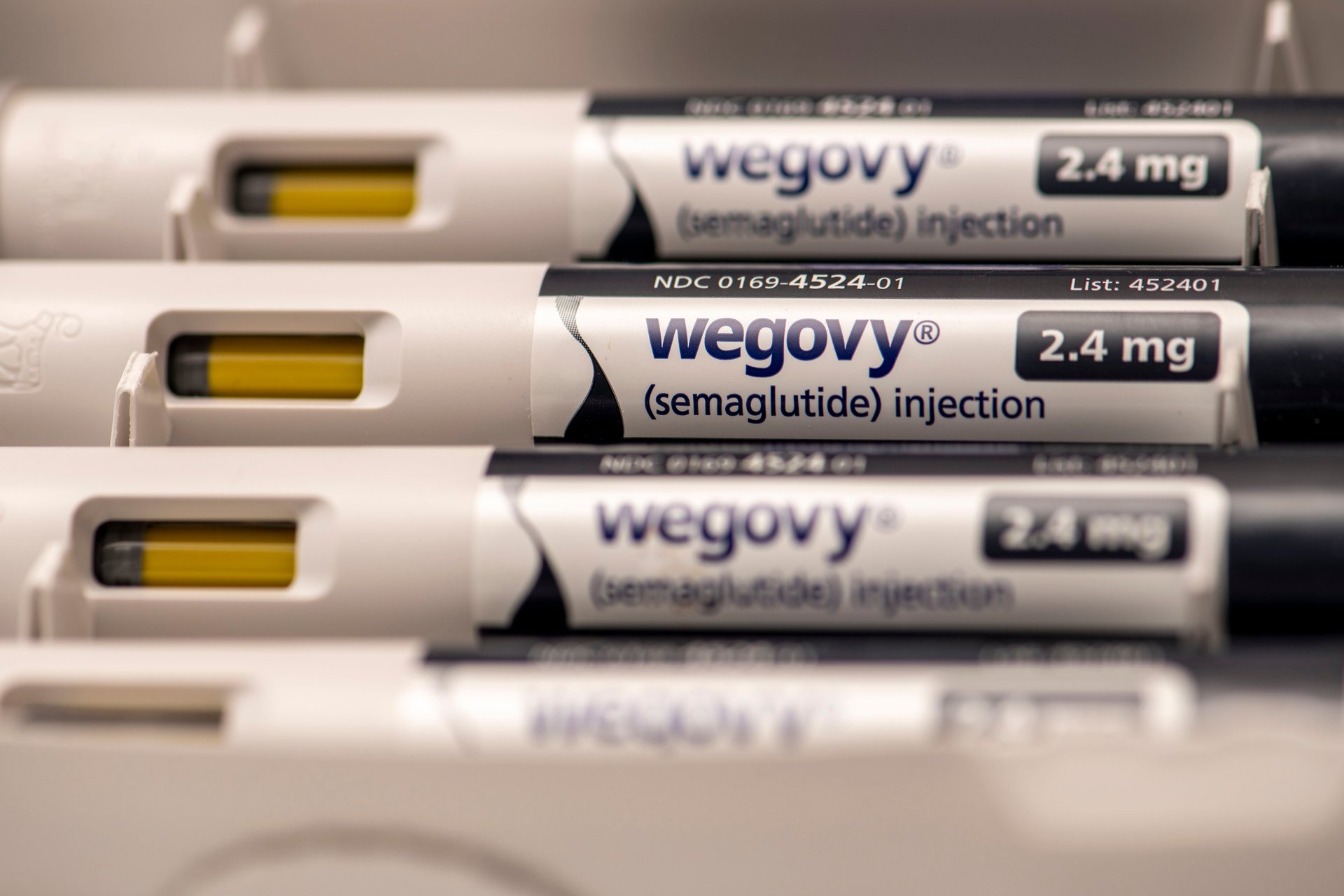The Ozempic boom is slowing down
Novo Nordisk, the maker of Ozempic, projects that its sales growth will slow down in 2025

Sales of Novo Nordisk’s (NVO) blockbuster weight-loss drug Wegovy doubled in the fourth quarter, but the Danish pharmaceutical giant warns that sales growth for all its drugs — including Ozempic — is expected to slow in the coming year.
Suggested Reading
Wegovy sales skyrocketed 107% to 19.8 billion Danish Krone ($2.8 billion) in the fourth-quarter of 2024, compared with in 9.6 billion Danish Krone ($1.4 billion) during the the same period last year. The drug just beat analysts’ expectations of $2.7 billion, according to a consensus estimate from FactSet (FDS).
Related Content
Sales of Ozempic during the quarter rose 7% to $4.7 billion.
“We are pleased with the performance in 2024, where 26% sales growth reflects that more than 45 million people are now benefiting from our treatments,” Novo Nordisk CEO Lars Fruergaard Jørgensen said in the company’s fourth quarter earnings report.
Novo Nordisk reported that full-year sales of all its drugs grew 26% to $40.5 billion. However, the company projects that sales growth in 2025 will slowdown to between 16% and 24%.
Overall, the company’s profit rose 23% in the three months ending Dec. 31, reaching $3.9 billion, up from $3.2 billion in the same period the previous year. Fourth-quarter revenue increased 24% year over year to $11.9 billion, from $9.5 billion and surpassing analyst projections of $11 billion. Earnings per share came in at $0.88, exceeding Wall Street expectations of $0.83, according to FactSet.
Wegovy belongs to a class of drugs known as GLP-1 medications — made popular by Novo Nordisk’s diabetes treatment Ozempic. These drugs mimic a hormone that regulates appetite and blood sugar and have become highly sought after as treatments for obesity and Type 2 diabetes. Demand for these medications has turned Novo Nordisk and its rival Eli Lilly (LLY), the maker of competing medications Zepbound and Mounjaro, into the largest pharma companies in the world.
Despite strong demand, Novo Nordisk’s stock has fallen 27% over the past year. A recent dip followed the underwhelming results of CagriSema, its experimental weight-loss and diabetes drug. The medication failed to meet expectations of 25% average weight loss, with patients in a phase 3 clinical trial losing an average of 22.7% of body weight over 68 weeks.
Still, the company’s stock rose nearly 3% during pre-market trading on Wednesday following the earnings release.